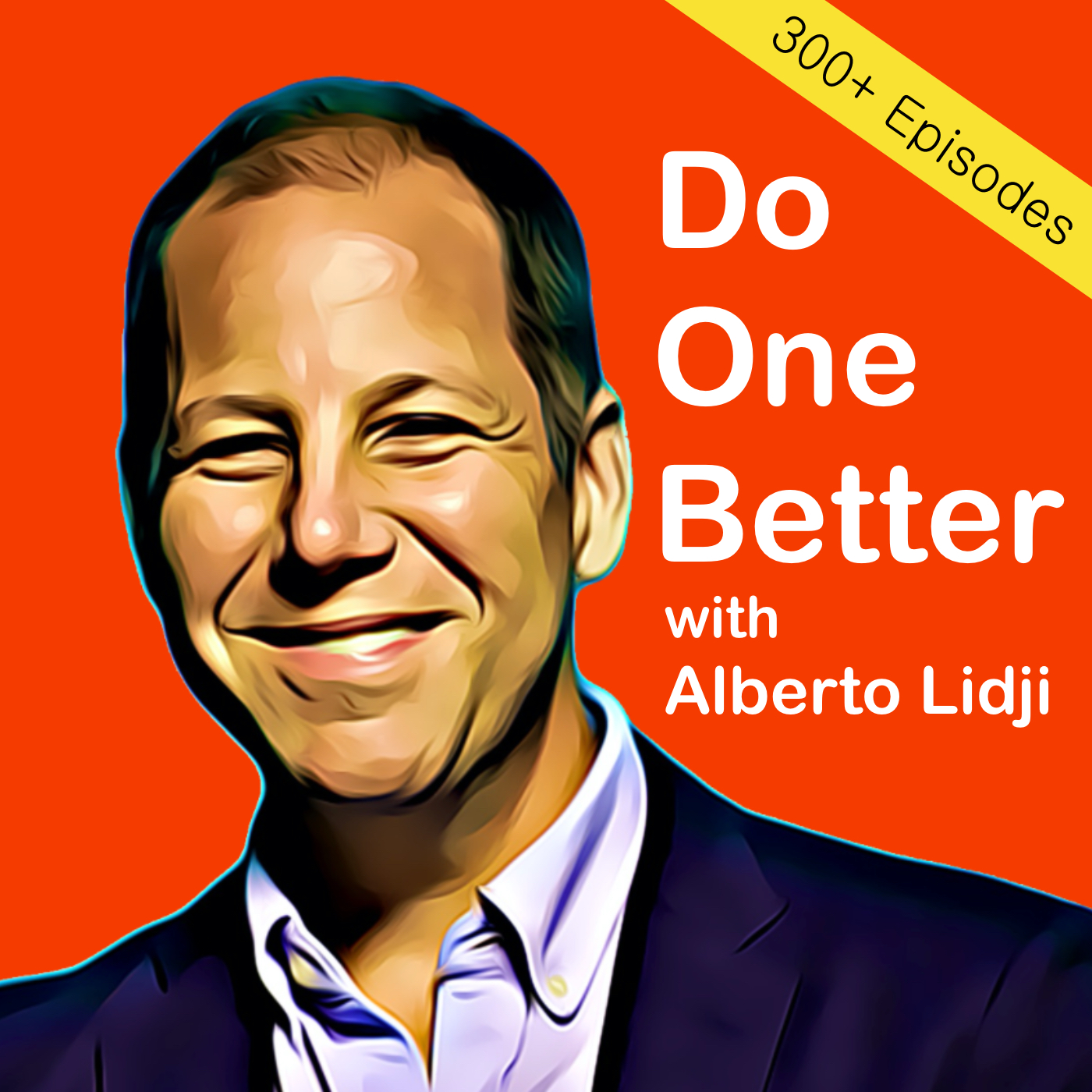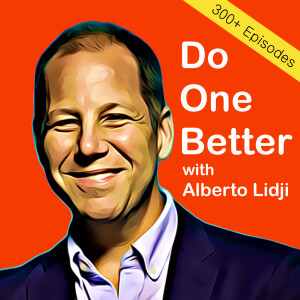

Listen to 300+ interviews on philanthropy, sustainability and social entrepreneurship. Guests include Paul Polman, David Lynch, Siya Kolisi, Cherie Blair, Chiwetel Ejiofor, Bob Moritz, David Miliband and Julia Gillard. Hosted by Alberto Lidji, Visiting Professor at Strathclyde Business School and ex-Global CEO of the Novak Djokovic Foundation. Visit Lidji.org for more information.
Episodes

Sunday Nov 22, 2020
Sunday Nov 22, 2020
UWS is an educational NGO, based in the UK, with an international approach and a presence in Cambodia, Myanmar and Nepal.
Through education, UWS transforms the lives of some of the poorest children in the world who would otherwise have no access to education. They work with local communities to build and nurture schools and, then, to transition these schools into the government system.
They have launched 226 schools and learning sites in Cambodia, Myanmar and Nepal. Each school typically serves 150 children.
UWS looks to build schools in places where there is a good fit. They identify regions where there are large populations of out of school children, which are remote, difficult to reach and are marginalised for various reasons.
They identify these communities by liaising with local government and by working closely with teams on the ground. Importantly, UWS engages with local ethnic minorities who have key insight on where needs are greatest.
Each school is different and has its own life journey. It may take a year or two to develop a school. Then, it’s about developing the enrolment and getting students in the habit of turning up — after all, these are often communities where the concept of attending school regularly is new. From there, it’s about maturing, whereby schools are brought up to a certain quality standard.
This whole process takes several years; possibly a cycle of between 5 and 10 years. Once the school in question is working very well, then UWS looks to transition it into the local education authority — thereafter providing very light touch support.
We hear how the actual workforce is key to success, and how the whole endeavour is much more than simply constructing a new school building. Local communities, teachers, education authorities — everyone is vital for success.
One of the hardest things UWS needs to do is figure out where they’re going to invest their finite resources. This means that if they find an education authority that is engaged and provides good political capital, there is an incentive to work with them repeatedly.
When looking to expand geographically, they consider (1) whether the level of need is there — ensuring they only go into places that have a clear need; (2) whether there is the potential for good partnerships, particularly with national and local governments, with good political capital where the government helps with the process; and (3) whether UWS can engage their supporters and donor-base to ensure there’s sufficient funding available.
Tim’s key takeaway: UWS uses this transition concept as an absolute guiding light for their overall strategy because it means they ultimately can deliver their mission and are leaving behind an empowered, well-run, robust project.
Visit The Do One Better! Podcast website for guest bios, episode notes and useful links. Please click the subscribe button and share widely with others — Thank you!
No comments yet. Be the first to say something!